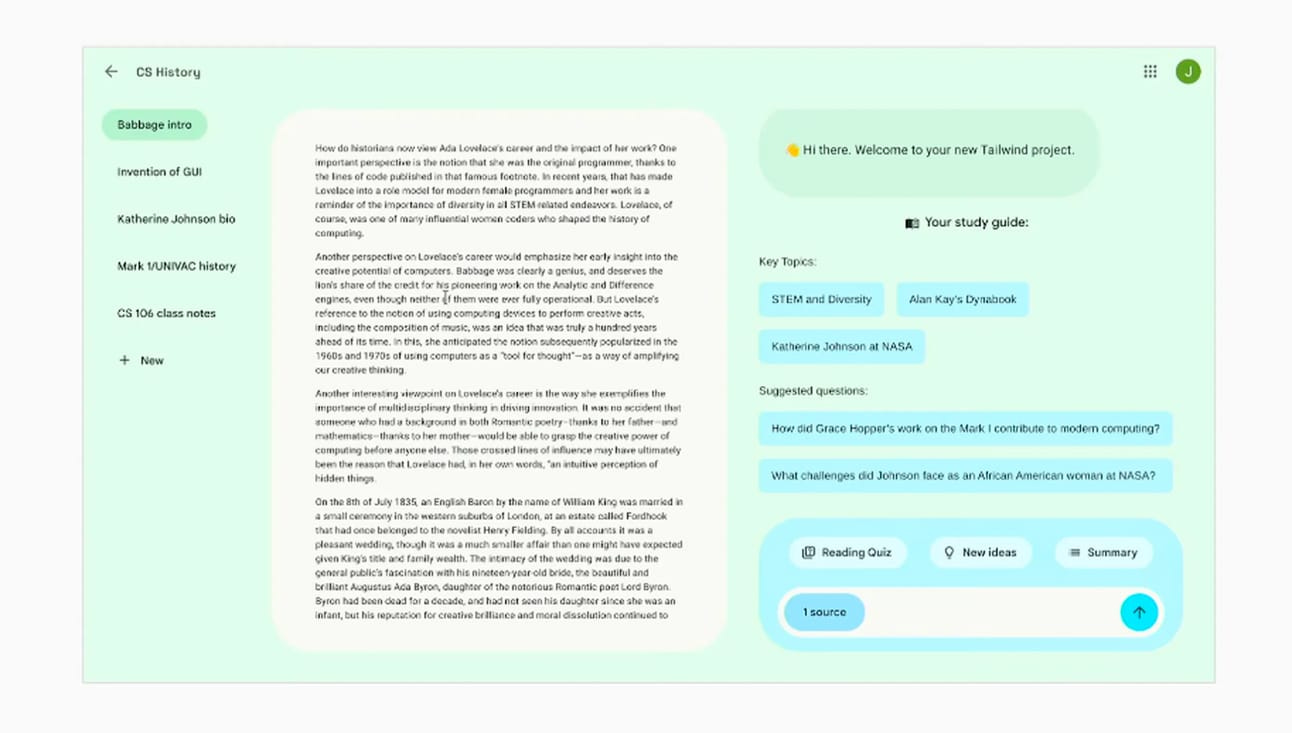GM Readers!
Sharing an essay for our Evolving Internet Insights Newsletter unpacking learning in the Age of AI. Particularly, how technology has impacted education and what AI enables for education.
-LJW
(P.S. For the summary and further breakdown of this essay, follow me on Twitter)
🚨New Newsletter🚨:
Launched a new short form weekly newsletter where we cover the week’s top emerging tech stories and add our insights on top.
Read Issue #11 👉 [HERE] 👈
And remember to SUBSCRIBE 🙏
P.S. Life in Color is not going anywhere :)
Note: Some sections of this essay were originally released on my Evolving Internet Insights newsletter.
How Technology Has Impacted Education 💥
The traditional education system was structured and operated on a one-size-fits-all model. For example, your age was a key variable that dictated your education environment because your age defined what grade you were in and what topics you studied. Upon entering college, individuals had more freedom to pursue different studies, but the system still pushed you to specialize, making you decide on which major to study. The list of examples goes on and on.
The Internet changed how information is consumed.
Education became more self-directed as information was freely available online. For instance, traditionally, if you didn’t study finance you might not be able to access that knowledge easily. Today, learning finance might be as simple as knowing what to look up on the Internet.
Now, generative AI has the potential to democratize access even further.
If the Internet gave us access to the world’s information, AI gives us an intelligent assistant that organizes that information. In this new world, we have to redefine our concept of learning and work. For example, creating a memo or writing an essay, which traditionally focused on research and summarizing information into coherent arguments, becomes less of a test of intelligence if AI could automate all of that away.
AI-powered EdTech Products 📚
The transformation of education and how we learn is well underway. Several emerging products are facilitating AI-integrated learning. Among these are Google's Project Tailwind and Khan Academy's Khanmigo.
Google's NotebookLM (previously, Project Tailwind): an AI notebook that is trained on an individual's personal documents and can act as a personalized tutor/writing companion.
Users can upload files from Google Drive, which then tailors a personalized and private AI model, proficient in the information fed into it.
The system analyzes study notes to pinpoint key topics and formulate relevant questions, even crafting a glossary for specific subjects.
This product was initially for students, but theoretically it can be used by anyone handling extensive textual information (read: all knowledge workers).
Khan Academy's Khanmigo: ChatGPT-powered learning guide (chatbot) that is tailored to interactive educational experiences.
Khanmigo has the ability to understand and process vast quantities of text, making it a flexible tool for various learning scenarios like language comprehension, text analysis and tutoring in various subjects.
The product will evolve to meet the personalized needs of learners.
There are potential broader applications like assisting professionals in research and analysis by predicting sequential words in sentences based on identified patterns from the training data.
While these platforms are new and evolving, over time they might unlock what many educators consider to be the holy grail of education – truly personalized learning.
The Future Belongs To Lifelong Learners 🚀🧑🚀
The internet and the creator economy are already facilitating a vibrant ecosystem where learning is not confined to traditional structures or systems. Individuals can now learn from a diverse array of sources. This dynamic is fostering a culture of lifelong learning that spans far beyond the traditional education institution. AI further changes the education paradigm enabling a shift towards hyper-personalized learning experiences, where content delivery is fine-tuned (with AI) to meet the unique needs of each learner.
The introduction of AI in education has not been without resistance. Initially, many educators perceived tools like ChatGPT as a potential avenue for cheating, leading to bans of its use in several school districts. However, with time, many realized that resisting technology that students were going to access anyways, was not a viable solution. Major school districts in the US, including Los Angeles and New York, have reversed their stance, choosing to embrace the potential of AI.
As we stand on the cusp of an education revolution powered by AI, it’s important for existing systems to avoid the temptation of putting innovation back in a bottle. ⚡️🍾
While change is often hard, emerging technologies have the potential to be a great equalizer and access for opportunity. Education has downstream impacts on everything. The below chart highlights how education is a leading indicator of the growth in other sectors in a society.
More broadly, the big “moonshot” here is that education evolves from a one-size-fits-all model to a more dynamic, personalized, and on-demand approach.
We might get a world where learning pathways resemble a jungle gym, where individuals can navigate various routes based on their interests and strengths. In the next era of education, it becomes essential to understand “what problems to solve” since AI might be able to help us with the “how to solve it part”.
The Internet democratized access to information.
AI now democratizes access to intelligence.
Both of these facilitate and enable all of us to become lifelong learners.
🧮📱🤖
Additional Readings:
SHAMELESS Ask:
🙏 Share Life in Color with a friend and ask them to subscribe
🙏 Share on Twitter / Linkedin with a short note
🙏 Share on your company Slack / Teams channels and communities
🛟 Disclaimer:
This post is provided for educational and informational purposes only. Nothing written in this post should be taken as financial advice or advice of any kind. The author(s) may own some of the NFTs, art and/or collectibles mentioned in this post. The content of this post are the opinions of the authors and not representative of other parties.
Empower yourself, DYOR (do your own research).








